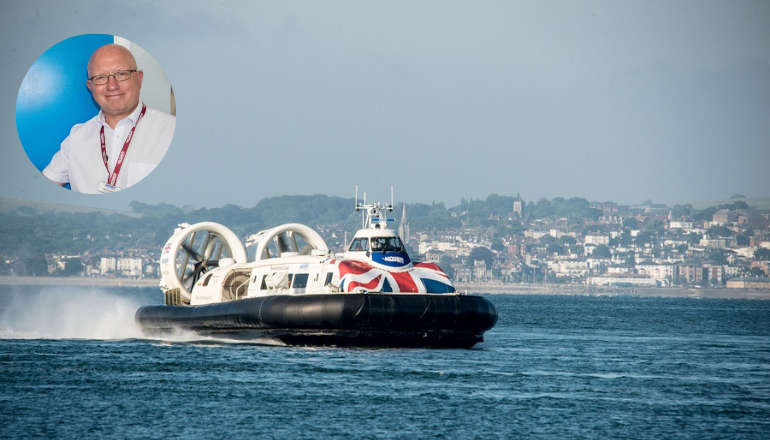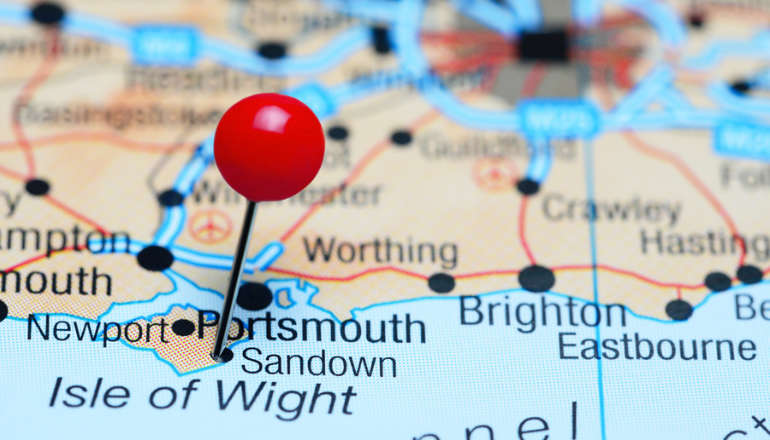Both Canada and Mexico have agreed to strengthen border security with the United States in return for a 30-day pause in tariffs.
President Trump announced on Sunday he was imposing 25% taxes on goods from his country's northern and southern neighbours.
Mexico was first to reach a deal with the White House. Its president, Claudia Sheinbaum, said she was sending 10,000 National Guard troops to the US border immediately in return for a tariff delay.
Mr Trump said the Mexican soldiers would be "specifically designated" to stop the flow of the synthetic opioid fentanyl into the US, as well as illegal migrants. Further negotiations will now be carried out, he added.
Ms Sheinbaum said she had a "good conversation" with him lasting at least 30 minutes just hours before the tariffs were due to begin.
She also extracted a concession from Mr Trump - after explaining the "seriousness" of high-powered weapons coming over the border from the US and getting into the hands of criminal groups.
"It gives them firepower," she said. "We asked that the US also help our country by helping stop this arms trafficking... he agreed."
Canada made similar moves. Prime Minister Justin Trudeau said almost 10,000 frontline personnel "are and will be working on protecting the border".
He added on X that his country was appointing a "fentanyl czar", drugs cartels would be listed as terrorists, and there would be "24/7 eyes on the border".
There will also be a Canada-US joint strike force to "combat organised crime, fentanyl and money laundering", Mr Trudeau announced.
Both Trudeau and Trump will view the deal as a win, Trump for seemingly forcing the US neighbour to act, Trudeau for heading off sanctions with measures that, for the most part (with the exception of the fentanyl czar) had already been announced in December.
Donald Trump said he was "very pleased with this initial outcome", and work will begin see how a "Final Economic Deal" with Canada can be structured.
Regarding China, a 10% tariff - in addition to those already in place - is still set to go ahead, although the White House said Mr Trump is due to talk to President Xi Jinping.
The US president has, however, said 10% could be just the start.
"China hopefully is going to stop sending us fentanyl, and if they're not, the tariffs are going to go substantially higher," he said.
China has described fentanyl as America's problem, and said it would challenge the tariffs at the World Trade Organisation, as well as taking other countermeasures.
But it also left the door open for talks.
What is the UK situation on tariffs?
President Trump hates trade deficits, and does not want to import more goods from another country than are sent there in return, says Sky's economics and data editor, Ed Conway.
But Britain has bigger trade deficits than the US, Conway adds, and is one of the few countries in the world to import more goods from America than America imports from it.
Read more:
Trump threatens to cut off South Africa funding
Breaking economies could be just first step
In addition, because the UK is no longer part of the European Union, any tariffs imposed on Brussels will not affect London.
When asked about the UK, Mr Trump said: "I think that one can be worked out."
Sir Keir Starmer said it was "early days".

(c) Sky News 2025: Mexico and Canada agree to bolster US border security in return for tariff pause

 Breaking economies could be just the first step for expansionist Trump
Breaking economies could be just the first step for expansionist Trump
 Markets react to Trump's tariffs as he warns UK 'out of line' on trade with US
Markets react to Trump's tariffs as he warns UK 'out of line' on trade with US
 Grammys 2025: Beyonce makes history as she wins album of the year
Grammys 2025: Beyonce makes history as she wins album of the year
 Sheffield school stabbing victim named as 15-year-old Harvey Willgoose
Sheffield school stabbing victim named as 15-year-old Harvey Willgoose
 Prison escape: Former soldier Daniel Khalife jailed for 14 years and three months
Prison escape: Former soldier Daniel Khalife jailed for 14 years and three months



 Man Arrested On Suspicion Of Rape Following Meeting With Underage Girl
Man Arrested On Suspicion Of Rape Following Meeting With Underage Girl
 Hovertravel Boss To Step Down After 15 Years At The Helm
Hovertravel Boss To Step Down After 15 Years At The Helm
 Owners Of Seaside Town 'Eyesore' Fail To Carry Out Works Despite £8,000 Fine
Owners Of Seaside Town 'Eyesore' Fail To Carry Out Works Despite £8,000 Fine
 Celebrating 35 Years Of Walk The Wight: Registration Opens For 2025
Celebrating 35 Years Of Walk The Wight: Registration Opens For 2025